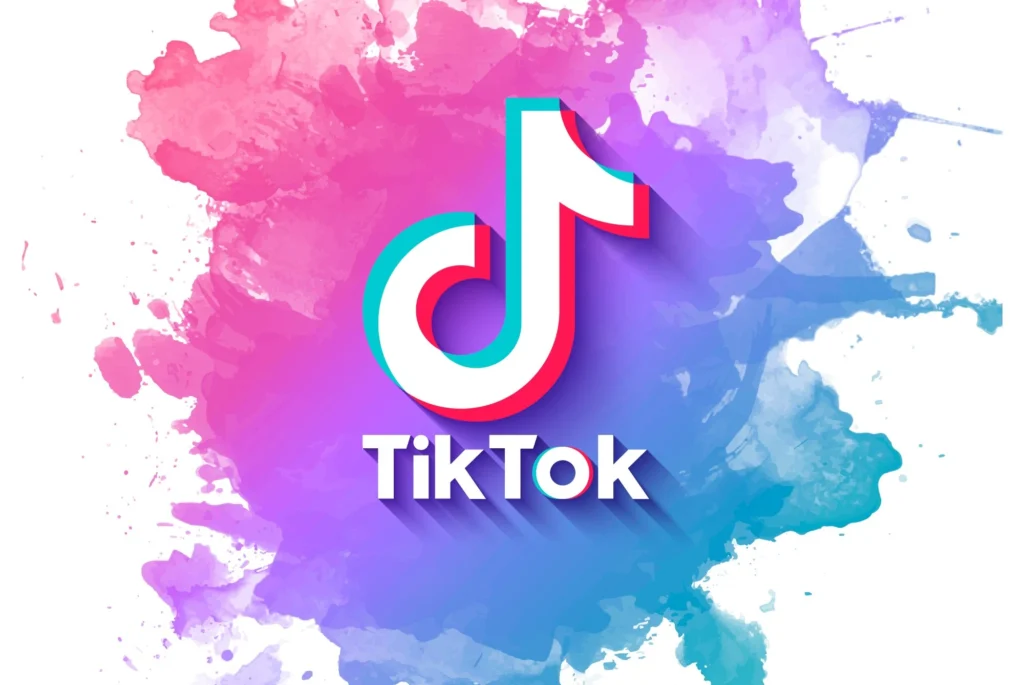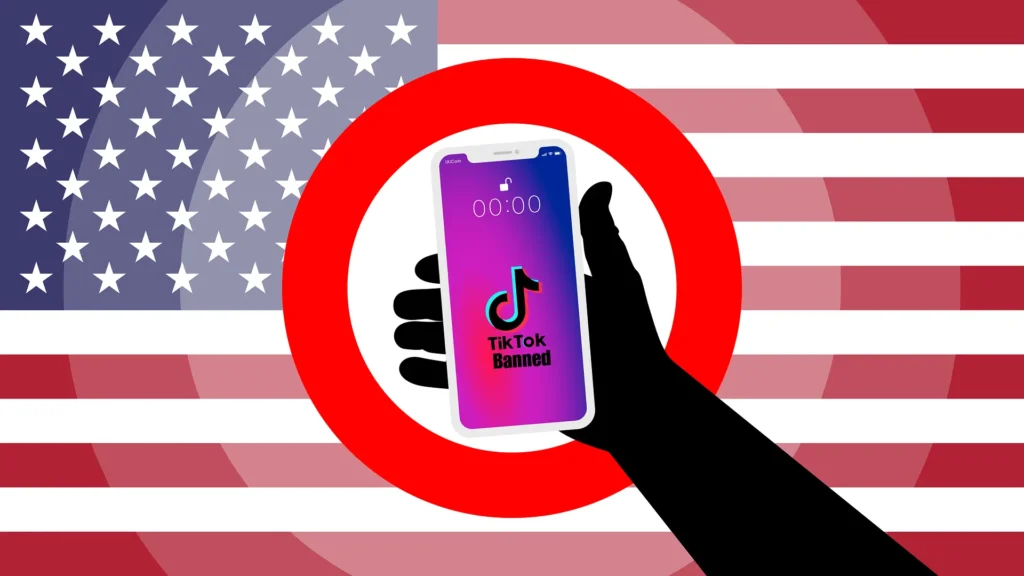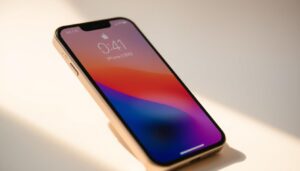History of TikTok:

TikTok’s history began in 2016 when ByteDance launched the app in China as Douyin. It was rebranded as TikTok for the international market in 2018, which soon became a global sensation. The platform’s unique short-form video format, coupled with a powerful algorithm that personalizes content, boosted its popularity. This allowed users to easily create and share engaging content, leading to rapid transcultural acceptance, especially among youth. Despite facing controversies over data privacy, TikTok has seen its rise to fame through its influence on pop culture, trends, and the creation of influencers. Its success story is a testament to the app’s innovative approach to social media, making it one of the fastest growing platforms worldwide.
Previous Security Concerns and Government Action Against TikTok:
Popular social media platform TikTok has faced significant scrutiny in the United States over security concerns. The US government has expressed concerns that TikTok’s Chinese parent company, ByteDance, could be forced to share user data with the Chinese government, which could potentially impact national security. These concerns are rooted in the fear that Chinese authorities could use the data to conduct surveillance or influence public opinion through the app’s algorithms.
In response, the US government has taken several actions, including TikTok ban on federal government-issued devices. Additionally, a law was passed that would require ByteDance to sell its stake in TikTok ban. TikTok has opposed the legislation, arguing that it violates constitutional protections of free speech and is an “unprecedented violation” of the First Amendment. The company filed a lawsuit against the US federal government, challenging the constitutionality of the law, which prohibits TikTok from being sold to another company.
Restrictions:
The legislation potentially banning TikTok in the US is known as the “Peace through 21st Century Power Act“, which was signed by President Joe Biden. The legislation is part of a larger $95 billion foreign aid package and includes measures that could ban TikTok within US borders. The law specifically targets “foreign enemy controlled applications” and requires TikTok’s Chinese parent company ByteDance to sell its stake in the app within 270 days (about nine months). This deadline can be extended for an additional 90 days if progress is made toward the sale.
The bill defines “foreign enemy controlled application” as any application operated, directly or indirectly, by ByteDance, TikTok, or a subsidiary. If ByteDance fails to comply with the divestiture requirement, TikTok could be banned from operating in the US. The law has sparked significant debate and controversy, with TikTok CEO Shaw Zi Chew condemning the law as a restriction on the platform and its users’ voices. He has also indicated that the company plans to challenge the constitutionality of the law in court.
Deadline given to ByteDance to Sell TikTok:
The US government has passed a law that would require ByteDance to sell TikTok by January 19, 2025 or face a ban from US app stores. The action comes amid concerns over national security and the possibility of access to user data by the Chinese government. TikTok has challenged the law in court, arguing that it violates the US Constitution and the First Amendment rights of its users. The company claims that the required disinvestment is not possible within the 270-day timeline prescribed by law, and is fundamentally contrary to the Constitution’s commitment to free speech and individual liberty. The outcome of this legal battle will decide the future of TikTok and its 170 million American users in the US.
Economic Impact:
How the TikTok ban reshapes digital boundaries:
TikTok Ban marks a significant moment in the evolution of digital borders, signaling a new era where national security and data control can dictate the presence of global apps. This ban, although rooted in concerns over data privacy and foreign influence, has broader implications for the digital ecosystem. This challenges the notion of a borderless Internet, as countries may begin to assert greater control over their digital spaces, potentially leading to a disintegrating web.
The economic impact of Tiktok ban is profound, with TikTok’s significant contribution to the US GDP and job market at stake. Tiktok ban could disrupt the livelihoods of content creators and the operations of small businesses that depend on the platform for marketing and engagement. It also raises questions about the future of digital marketing and the role of social media in business growth.
TikTok ban may affect content creators and businesses:
For many creators, TikTok has been a transformative platform, enabling them to build careers, generate income, and reach a wider audience. TikTok ban could disrupt these livelihoods, as creators like Alex Pearlman, who left a customer service job for a successful career on TikTok, would lose a vital source of revenue and audience engagement.
Businesses, especially small businesses, may also suffer losses. TikTok has become a major marketing tool, allowing brands to connect with consumers through creative content and influencer partnerships. TikTok ban may force businesses to change their strategies and find alternative platforms, which may be costly and less effective.
Legal Perspective:
Legal Challenges Against the TikTok Ban:

The lawsuit, filed in the U.S. District Court for the District of Columbia, argues that the law violates the First Amendment rights of TikTok and its users. The company argues that the ban is unconstitutional, because it targets a single, named forum and suppresses speech in a way that is unprecedented and excessive. TikTok’s legal team claims that concerns about national security and data privacy can be addressed in less restrictive ways than a complete ban.
Global Implications:
How America's Actions may Affect Other Countries:
TikTok ban has far-reaching global implications that extend beyond the app’s user base. First, it represents a significant change in the digital landscape, where national security concerns may overshadow the globalized nature of the Internet. The US move to potentially TikTok ban unless its Chinese owner, ByteDance, sells the app’s US operations, sets a precedent that could encourage other countries to follow suit, leading to A fragmented Internet landscape may arise.
The action could also increase geopolitical tensions, especially between the US and China, as it could be perceived as a coercive measure against a Chinese company. Such a move could lead to retaliation and affect political and commercial relations, potentially sparking a digital cold war. The impact of the ban on data privacy and security is another concern, as it raises questions about the management of user data and the influence of state actors on global platforms.
Furthermore, TikTok Ban could disrupt the social media market by changing the dynamics of competition and innovation. This could shape the trajectory of future digital platforms and economic landscape, leading to job losses and impacting GDP contribution from the digital economy sector. For creators and businesses that rely on TikTok ban would not only mean a loss of income, but also the loss of a platform for organizing around community and humanitarian issues.
In short, the implications of the TikTok ban are multifaceted, affecting everything from international relations and market competition to individual livelihoods and the fundamental nature of the internet. This is a complex issue that underlines the challenges of balancing national security with the benefits of a globally connected digital world.
Conclusion:
The TikTok ban in the US represents an important intersection of technology, privacy, and geopolitics. US government concerns over national security and data privacy have led to legislation that could potentially TikTok ban unless its Chinese parent company, ByteDance, sells it to an approved buyer. The move underscores increasing scrutiny of tech companies and the global impact of their operations.
As the world watches, the resolution of the TikTok ban will not only affect the app’s future in the US but will also signal the country’s stance on digital sovereignty and the global digital economy. The implications of this decision will reverberate across the tech industry, influencing international trade practices and discussions on digital rights and security.
You may visit our more blogs at Sci-fi Spectra.
Some Important FAQs:
TikTok is facing a ban due to concerns over data privacy, amid fears that US user data could end up in the hands of the Chinese government. There are also concerns about the app spreading misinformation and being highly addictive.
The ban will go into effect at least a year after the law is passed, with a possible extension if the sale of US operations goes through. However, the ban may be further delayed due to court challenges.
If you are unable to access your account or post content, you may have been banned. TikTok usually informs users about the ban.
You can email TikTok’s support team to appeal the ban. Be sure to provide any relevant information to support your case.
Some Other Recommandations:

Apple iPhone SE 4: Release Date, Price, & Specs (Feb 2025)
Many smartphone users love small designs. That’s why the iphone se

DeepSeek AI: 5 Major Safety Risks Revealed by Anthropic CEO
DeepSeek AI’s 5 major safety risks are revealed by the Anthropic CEO. Learn about the key challenges and solutions in AI safety.

Elon Musk’s DOGE Gets Treasury Access — 5 Shocking Risks
Imagine waking up to news that could change how your
Intel Receives $2.2B Grant for Chip Production Boost
Imagine a world where technology depends on tiny microchips. The

Oppo Find X8 & X8 Pro: Powerful Flagships to Buy in 2024
Oppo Find X8 16 GB RAM + 512 GB

Best Online Multiplayer Games of 2024 – Epic Fun!
Introduction to Best Online Multiplayer Games Image by FreePik Visit
